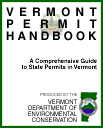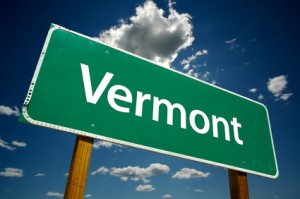
Watching over Vermont’s land & water. Act 250 is a public, quasi-judicial process reviewing & managing the environmental, social & fiscal impacts of Vermont development. Nine district commissions review permit applications based on criteria articulated by state statutes.
In 2005 Vermont’s legislature created the Natural Resources Board (NRB) with Act 115 to replace the Environmental Water Resources Boards. The NRB includes a full-time chair (state employee), and two citizen panels, a land use panel and a water resources panel, consisting of four persons each, with the chair serving as chair of each of the two panels. Act 115 consolidated environmental appeals and land use development law revisions. View the full text of Act 115 in which substantial previous language is stricken making deletions clear and new language underlined.
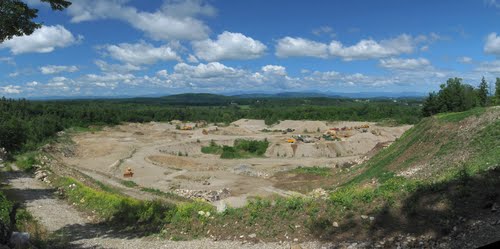
The NRB administers the Act 250 process and has rule making and enforcement authority over land-use permit violations (significant time is spent prosecuting violations) as well as the right to participate in certain Environmental Court appeals.

Northfield Attorney Peter Young chaired the NRB from 2006 when appointed by former Governor Jim Douglas following an appointment to the District 5 Environmental Commission in 2003. Young’s challenges included dealing with applicants who had already developed: building a project and belatedly coming to the NRB for permits. Innocent oversight or planning to beg forgiveness later?
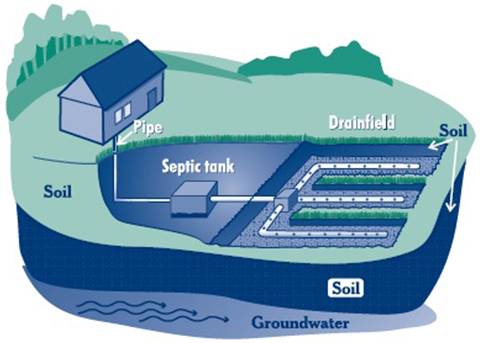
In 2007 the Board appointed John Wakefield of Redstone, a Burlington Real Estate Development company permit specialist, as it’s first Permit Compliance Officer.

Burlington Attorney Ron Shems, formerly and co-founder of Shems, Dunkiel, Raubvogel & Saunders replaced Young April 1st of this year when Shems was appointed the new Natural Resources Board Chair by newly elected Governor Shumlin.
Act 250 Proponents, since its 1970 enactment in 1970, see it as setting a reasonable set of guidelines for developers and business owners, protecting Vermont from odious American sprawl. Citizen participation and protecting the environment are the heart and soul of Act 250. They view Act 250 reform suspiciously as attempts to circumvent environmental protection and eviscerate regulations leaving Vermont vulnerable to unbridled exploitation.
Business Proponents consider Act 250 unpredictable, unfriendly and decidedly antagonistic economically, causing in some cases many year permitting periods and exorbitant additional legal expenses. With interested party status, “the Interveners” can become unjust obstructionists.
“To a developer, it doesn’t matter if you’re spending time before the local boards or the state or Act 250. It’s all permits, and if you can simplify the process, the whole state benefits.” James Pizzigalli, Co-Chairman of Pizzigalli Construction
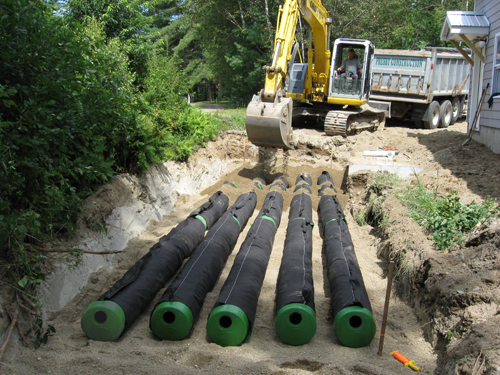
Former Governor Jim Douglas claimed the average permit took companies 278 days to receive but the NRB cited different numbers, with two-thirds of all applicants gaining permits within 60 days.
Streamlining objectives & options:
- Eliminating duplicate permitting requirements at the state & local level and within the state level.
- Minimizing special consultants including attorneys, engineers and planners so applicants may run the process on their own except in the most complicated circumstances.
- Adding a state facilitator. Bill H-475 called for a pilot program to add a facilitator to help council businesses on the Act 250 process.
- Clear and consistent intervener standards. Predictability for who and how interveners can participate. Limiting interveners to those having legitimate interests.

The Wetlands Regulations took over three years to hammer out.
Act 250 revision includes the launch of the Permitting & Compliance Portal including a wealth of easily accessible information including an environmental permit summary and the Vermont Permit Handbook.
Get a better idea of Vermont’s Land Use & Development Act’s history, hear Jane Lindholm of Vermont Public Radio here in an Act 250 special program including notes on the “culture of no” and the importance of working as well as looking at the view.

Connect to maplesweet.com, e-mail info(at)maplesweet(dotted)com or call toll-free 800.525.7965 to arrange for showings, list your property, arrange for showings, or look further into Vermont’s real estate market or Act 250 reform.
See all Maple Sweet Real Estate listings, the newest central & northern Vermont mls listings, or connect to a hand picked selection of central & northern Vermont properties.
…..
Thank you for visiting Maple Sweet Real Estate’s blog, Light Amber.
…..
Vermont Required Consumer Information Disclosure: please note Vermont real estate agencies represent Sellers directly or indirectly by default. Buyer representation can be gained for properties not already listed by Maple Sweet Real Estate. To better understand the merits of or arrange for buyer representation, please email or call for further details.
…..
If your property is already listed for sale with another real estate agency, this is not intended as a solicitation of that agency’s listing.
 tapping into vermont
tapping into vermont
